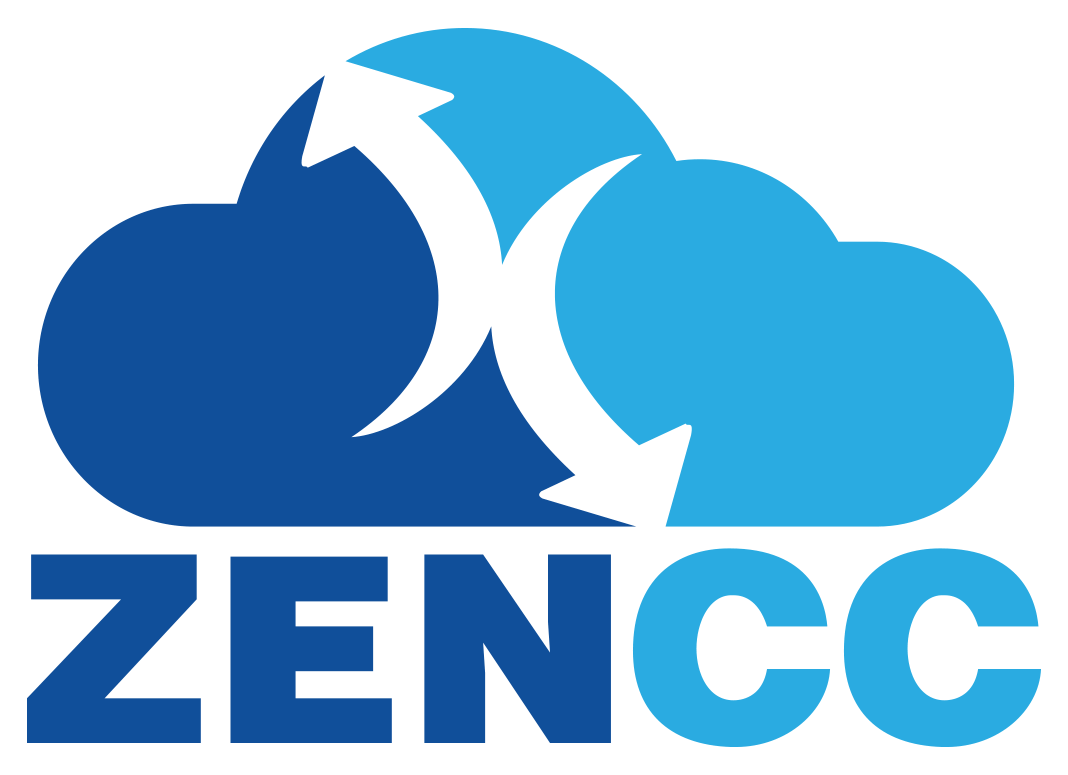
Paid wifi service guarantees better speeds or longer duration of access for the ad hoc access. Whenever a user is asked to pay for accessing the Internet via guest WiFi, it is a form of paid WiFi.
Direct monetization of WiFi falls under this category. It is important for us to remember, whether it be paid or free, failproof security is assumed from the side of the user.
Let us explore a few ways to monetize wifi service.
Pay-to-use WiFi
The owner of the premises hosting the wifi asks the guest to pay when they want Internet access. This slightly outdated model was very popular in the last decade and early parts of this decade. The customer, pays for wifi access by a time limit / MB limit when he wants internet access. However, such models don’t encourage customers to recommend your venue based on WiFi. It’s a rudimentary model that has now become scarce due to newer models being used.
Freemium Model
In this, the premise owner gives access to guests for a certain duration (For a specific time or bandwidth) after which guests will be required to pay to continue using the Internet. This helps the owner to make money while at the same time collecting guest information.
This can be seen in some airports, public spaces as well as hotels even today and is a fairly popular method for monetization.
WiFi Upgrade Model
Free WiFi is provided at a certain bandwidth to guests, however in case of a guest wanting to use higher speed of Internet access they must pay a certain fee.
This is generally implemented in hotels and business centres, as some guests may want to use the WiFi for business purposes, in which case they can upgrade their WiFi.
Other guests can use the WiFi as it is.
Paid WiFi is a means to counter the popular belief that customers will use the WiFi and walk out of the venue without purchasing anything.
Although paid WiFi is a way to earn revenue, the trends of the industry indicate that Free WiFi models work better from a customer point-of-view, as customers think of WiFi as a commodity that should be free of cost.
Some studies have shown that almost 62 % of the businesses in Northern America reported better business and more footfalls if free WiFi is offered. This isn’t very different in other parts of the world as well.
However, even within free WiFi, there are a couple of important monetization models.
Captive Promotions Model
Specially meant for Malls / Shopping Centres / Hotels etc, guests login with their social media IDs or some sort of authenticated login form and use the WiFi while on premise. During the course of their usage, guests will see notifications of on-premise discounts, offers, events etc. This model reaps benefits in two ways.
- Firstly, the guests on-premise pattern and their demographic data can be collected. In-house advertisements can be used to direct the flow of traffic, and to increase sales through limited time offers and deals that are pushed to consumer mobiles. Not only does this improve sales, it also gives the management a way of influencing the crowd without appearing obtrusive.
- Secondly, they can segregate the guest flow based on different parameters such as frequency of visit, location, demographics, customer preferences etc. This data can then be kept for future reference and use.
3rd Party Promotions Model
In this model, the system is the same as above, however promotions are sourced from 3rd parties, which pay for the ad space as per notifications etc.
This could also include proximity promotions wherein organizations and businesses around push their promotions so customers nearby on large public venues can be notified of it through methods such as geo tagging or geo fencing.
The time is ripe for monetizing your wifi service.
Just remember, that while you choose the best method, you need to be able to keep your network secure and sound. Contact ZEN CC for the same.

